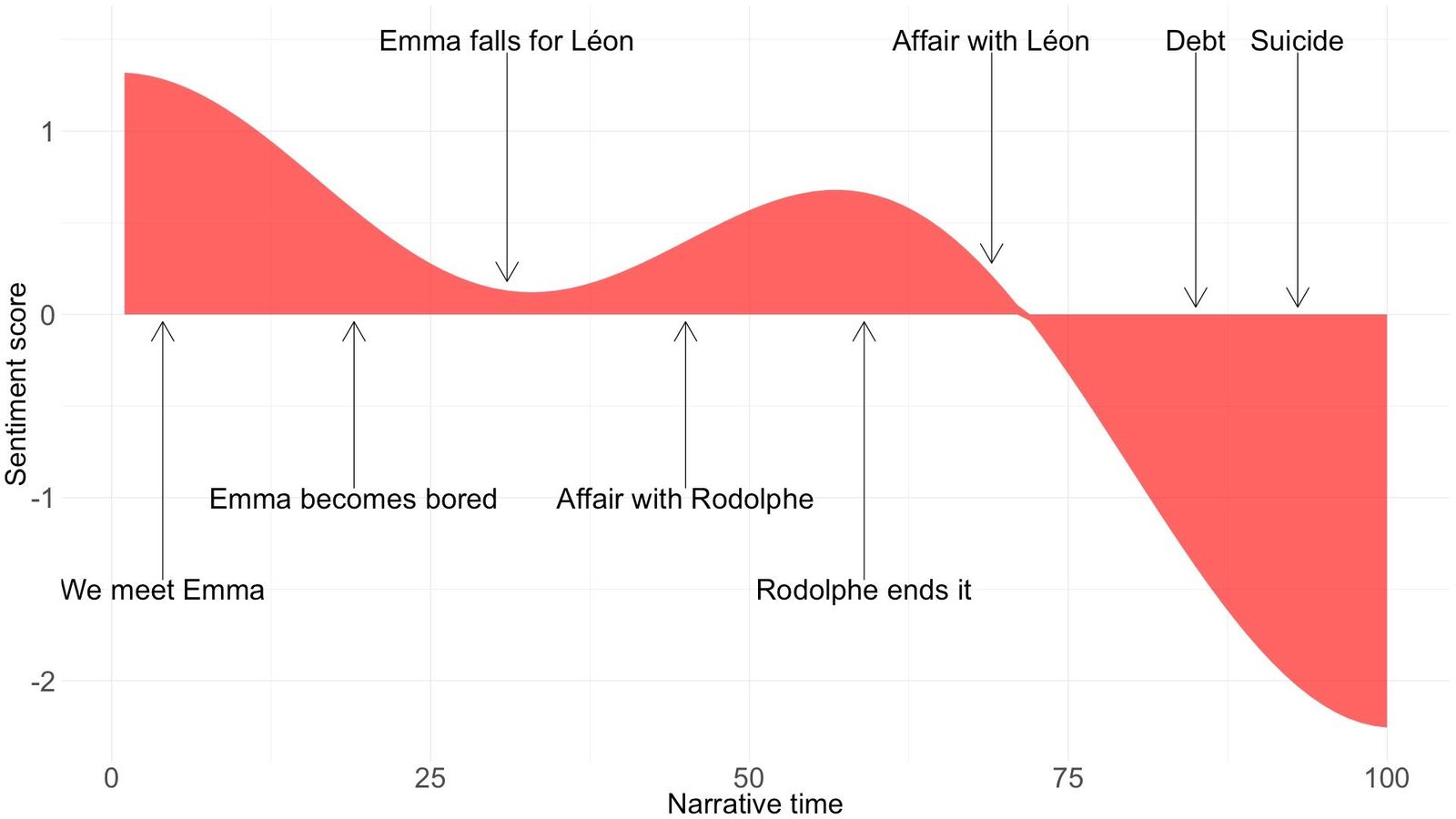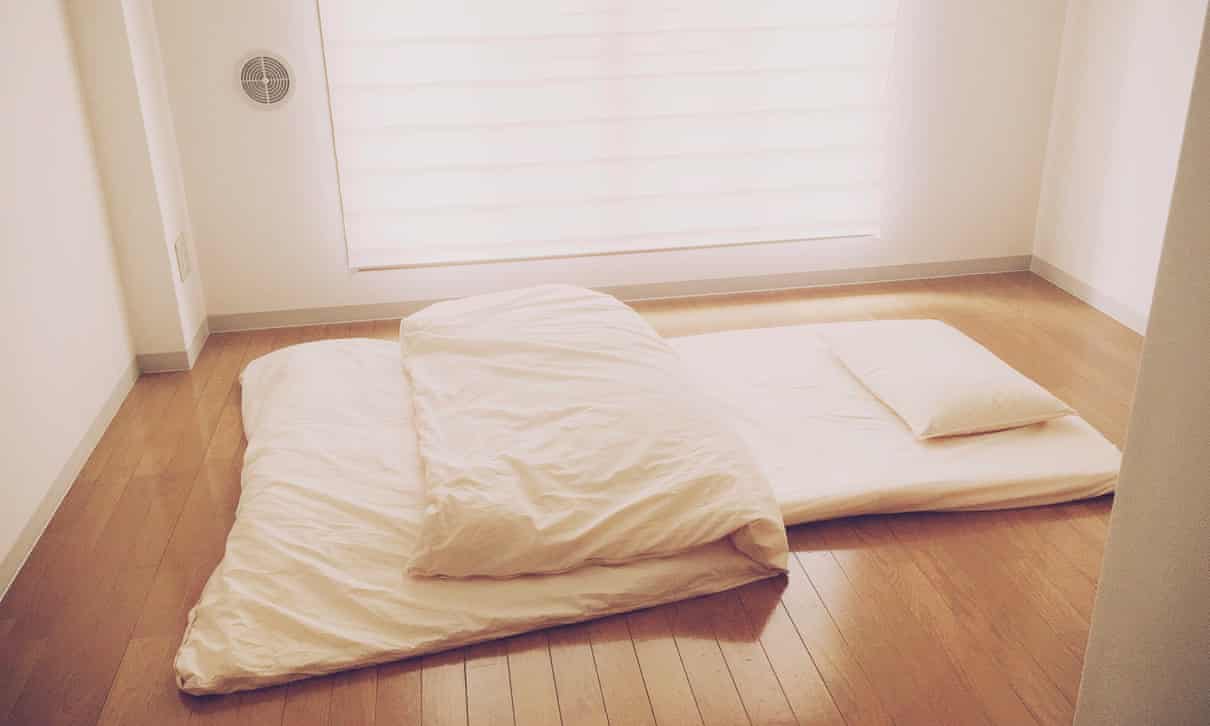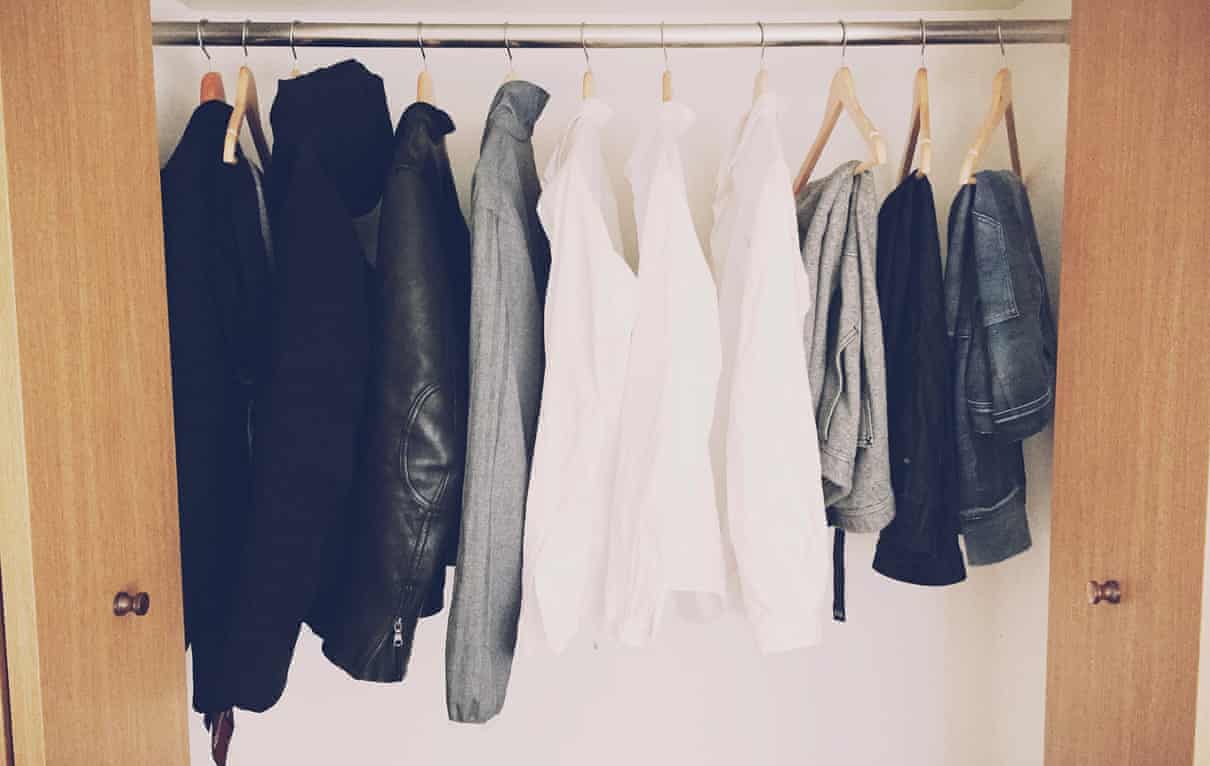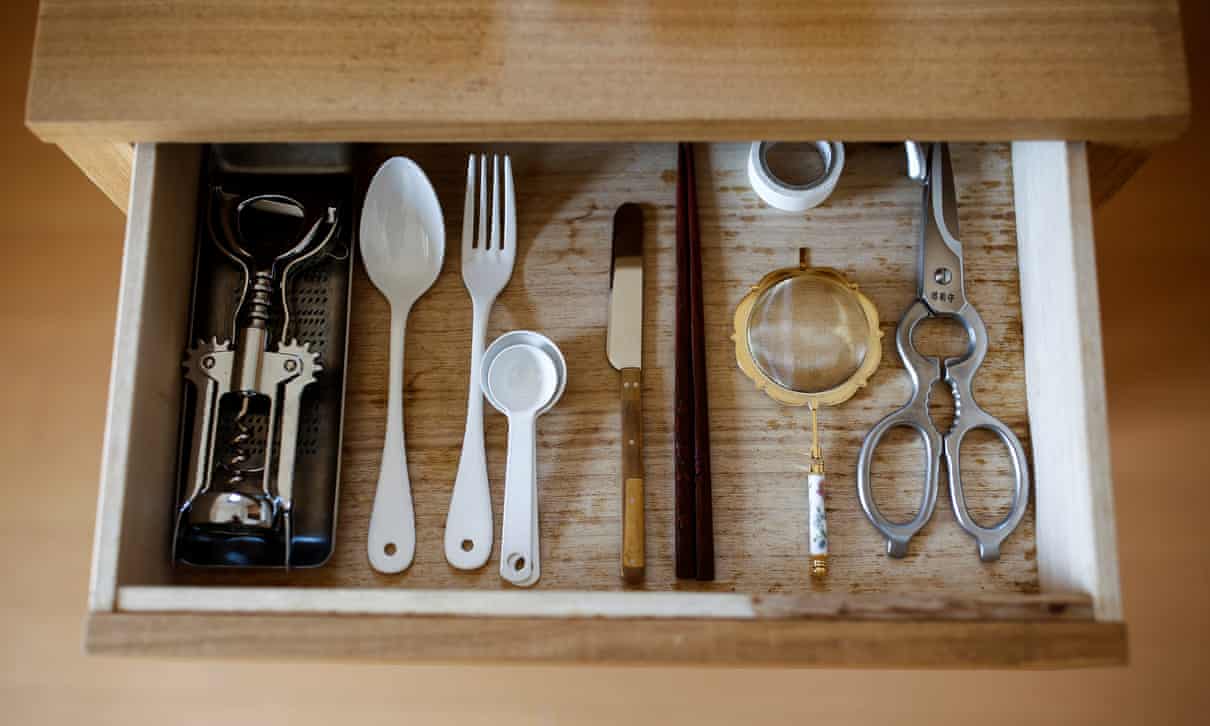
Hi there! Thanks again for reading my latest not-a-newsletter of highlights and ramblings since the last one in July. I didn’t think I would stick with writing these pieces, but I’ve been doing this monthly since the start of the pandemic! I still can’t see me starting a newsletter, but I am less certain now than I was months ago.
This newsletter has some bad things (references to the pandemic and Trump…sorry..) but I added some good things too (Jacques Pepin, vaccine progress, and more). I hope you find it worth reading.
Newsletters: they seem to have really taken off now. The latest one I saw is Andrew Sullivan’s. It’s only been out awhile and he already has over 70,000 subscribers and 10,000 paying subscribers. Pretty big numbers, though not surprising given his fame/notoriety (depending on how you view him). His format is very blog like and more like the Sullivan I used to read. Though a newsletter, it seems like a series of blog posts emailed to you.
You can see Sullivan’s newsletter shaping up as each one comes out. The same is true of Alison Roman’s. She fills in a bit more each time, and she seems to be learning or evolving as she goes along. She now has a free and a paid one, and the paid one gets an extra recipe. Jamelle Bouie used to do something similar before he moved over to the New York Times.
Bouie and others like Austin Kleon have been doing newsletters for years. But things seem to have really taken off since the advent of Substack. The newer ones, like Sullivan and Roman, use Substack. I’m not sure what is driving it, save that Substack makes it easier to monetize subscriptions and provide tools to make it simpler to run a newsletter. It could be that newsletters are seen as the New Thing, the way Podcasts were the New Thing only recently, and people want to get in on the New Thing. For whatever reason, newsletters seem to be taking off.
I still feel like they are emailed blogs, and because of that, I will keep blogging. Blogging, tweeting, newsletters: all just ways of expressing ourselves in the era of the Web.
Favorite newsletters: As for my favorites, Austin Kleon is near the top of the list. His is tight. He has a good structure, he is consistent in putting it out, it is diverse in what it highlights. I like Alison Roman’s too: it’s like getting a small part of what will be her next cookbook weekly. Speaking of cooking newsletters, I really like Jamelle Bouie’s for that. Unlike Roman, he doesn’t develop new recipes, but he does highlight some really good recipes from others, as well.
Bouie’s has some smart political commentary. Another person with a newsletter filled with insights is Felix Salmon. Paul Krugman’s is ok, but I don’t feel it some times.
Pandemic update: it has been dreadful to watch the pandemic play out in the United States. My optimist’s eye is I seeing some evidence that more states are getting serious about putting in restrictions to get things under control. I hope so. While Trump seems incapable of doing anything remotely useful, others seem to be doing more to keep it in check at least. I feel for Americans.
In Canada things are improving. Not as good as some other countries, but improving. The next big test will be school’s reopening in September. After that, we may see fresh outbreaks. We will see soon enough.
Overall, we seem to be in the beginning of the middle of the pandemic. If the end is when vaccines roll out and social restrictions ease, and if the beginning was our initial confusion over what to do and eventually doing radical new things, I think we are now in the middle phase where we have to buckle down and try to get by. This part is going to be the grind. When even Michelle Obama is talking about experiencing low grade depression, it is not surprising that people with less means than her and are worried about their jobs or their health or their loved ones are also having a hard time.
And other bad things: the pandemic is not the only thing weighing on the mind of Michelle Obama and others. The killing of black Americans, as well as the other injustices they suffer, plays a part. Here in Canada we are seeing the inequalities in our society highlighted in the way that certain groups end up bearing more of the brunt of the pandemic than other groups. I was hopeful that one silver lining of the pandemic would be more political and social effort to address those inequalities. I am less hopeful now. After a burst of coming togetherness in the early part of the pandemic, I suspect now people strongly want it just to be over.
But some good things: if you search for “covid vaccine”, you will be swamped with results showing that much progress is being made there. Plus already there are better forms of treatment for people who do suffer as a result of COVID-19. That’s really good.
With better treatment and a wide spread vaccine and possibly a change in government in the US, there is also the potential for a huge economic recovery worldwide. This is not to overlook the suffering now, but to look forward to a new and healthy and better off world.
The other good thing about the pandemic is the strong fiscal stimulus governments have put into fending off the worst from an economic perspective. I hope more progressive political parties and organizations use this to push on in the future for greater government involvement in improving the lives of more and more people. Let’s see.
Other good things….
Jacques Pepin: I found Jacques Pepin on Instagram. He’s great! Of course he’s great, Bernie, you sigh. I mean, what I love about him is his style of cooking and sharing. Very old school in some ways, very French, but not flashy. He cooks in a little kitchen and tells stories and chops up food and even uses a microwave. I love that! Who’s going to tell him he shouldn’t use a microwave? Only a fool would do that. Jacques Pepin can cook any way he wants. He’s Jacques Pepin, that’s why. 🙂
Le Bernardin and World Central Kitchen: Eric Ripert is making the most of his downtime by turning his world famous restaurant into a place to make meals for those less fortunate. Every week he turns out hundreds of meals that are then distributed to others. It’s a good act, and you can read about it here.
Finally…
2020 and the pandemic era: there’s a meme started by Reese Witherspoon showing a headshot for each month. Many other celebrities have adopted it. As you might suspect, each headshot shows more and more distress as the months pass. If you feel that way yourself, consider yourself part of a larger community!
We are in the pandemic era. Like other periods of great stress (e.g. the Great Depression), time is measured more by a specific set of events and less by calendars and scheduled events. We cannot schedule this, only live through it.
It will end. Just like all era do. Try and make the most of it, and try to permanently record your thoughts and feelings and anything else that embodies the era. You will fondly look back on it, the way humans tend to do. Plus, people of later generations will want to hear about it and see evidence of it. Give them something of yourself from the time. Even if it pictures of the bread you made that one time, or a snapshot of the Zoom calls you were on, or something you bought online when all the retail stores were closed. You are living through history: you are special just by living in this time.
At the beginning of the pandemic I made this zine to remind people to make a list of things they want to do when the pandemic is over. There is still time to make that list, even though some of those things are already happening. Traveling is one of the things on mind. But even something simple like causally wandering into one of my favorite noodle bars and slurping some good brothy noodles is something I am looking forward too. And with that said, thanks again for reading this.











:max_bytes(150000):strip_icc():format(webp)/__opt__aboutcom__coeus__resources__content_migration__liquor__2019__01__10072454__gimlet-720x720-recipe-a0d317f2ce7b4818a0fdbd2bbaaaf2c9.jpg)


























 Design Milk has a feature on this place and every image is a sight for sore eyes. To see what I mean, take yourself to this
Design Milk has a feature on this place and every image is a sight for sore eyes. To see what I mean, take yourself to this 